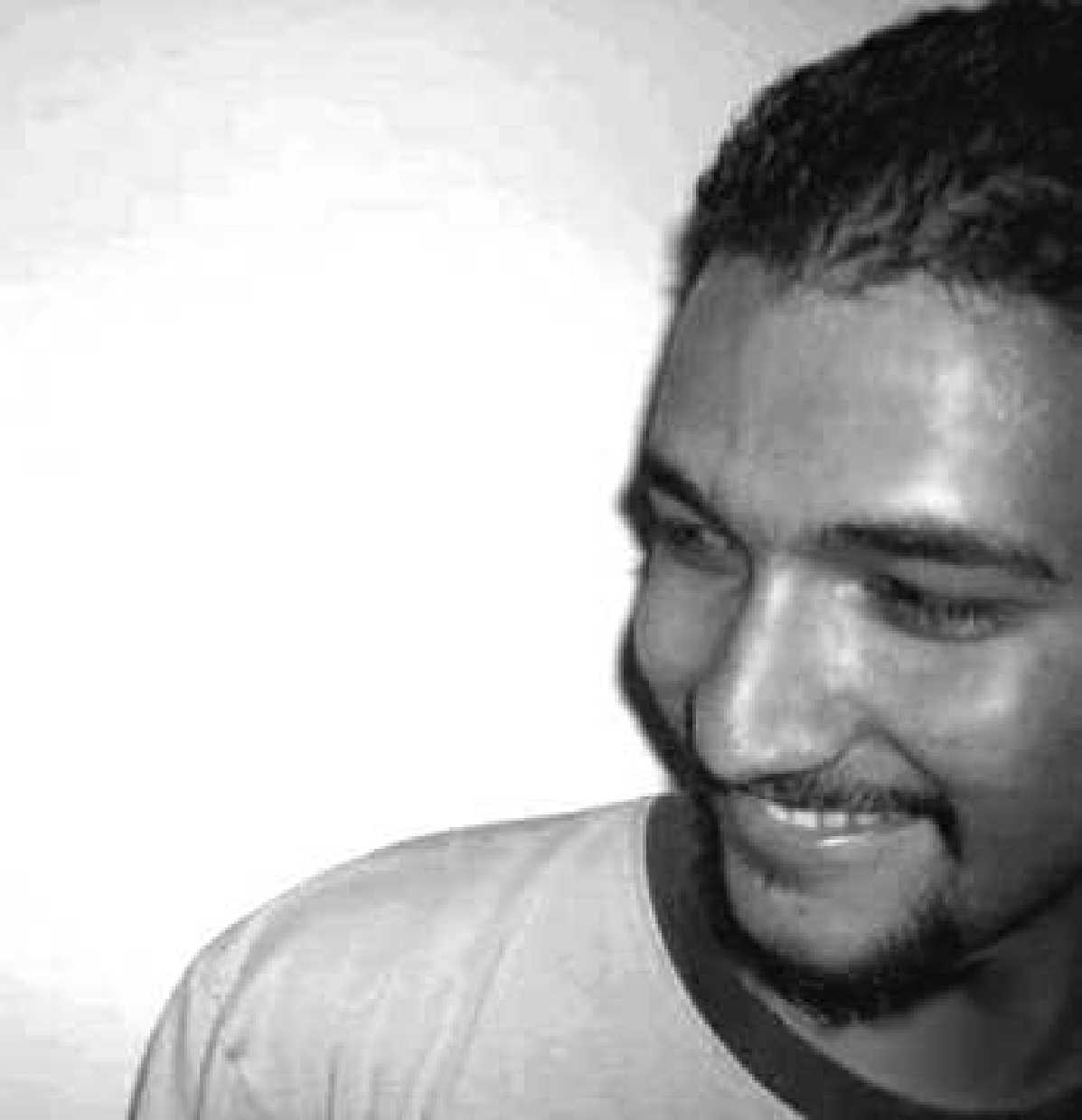
Fame (Continued)
Hello again....
As you remember, last week I tried to explain why a famous image is
different from the person him/herself. The importance of this difference
is that it can help us understand why the life we observe on the
television screen is not the life that person lives. It's so easy to
believe that a singer is always happy and handsome/beautiful all day,
that he/she gets out of bed in the morning the way he/she looks in a
music video, with invisible makeup and hair that pretends to be untidy.
But once we accept the fact that the image and the person are two
different things, it makes no sense to imagine the person living the
same life that we see on television. So, there's no reason to "blame"
those people because they're living the dream.
Moreover, logic tells us that a person with any amount of fame, who
lives in front of others' eyes, needs to maintain his/her position. This
requires him/her to get in situations we can't imagine. This inability
to understand their situation is not because of the difference between
our standards of living. We can't imagine it because we -- the
"ordinary" people -- are living a life different from theirs. It's like
our inability to understand what it's like to stay up all night and
treat people injured in car accidents because we're not doctors. It
would be impossible for me to make people laugh while I had family or
health problems, but I've never heard of a comedian who leaves the stage
and gives the money back because he doesn't feel okay.
The other point logic tells us is that it's a big illusion that all
famous people have rooms full of banknotes. Anybody who can put aside
his/her jealousy about that imaginary "life of the famous" can easily
see that it's impossible to buy villas and yachts by selling books or
music albums in Turkey. And models? How would you feel if you knew that
you'd doubtless be unemployed in ten years because you'd be uglier?
I must be crazy to be playing the devil's advocate against the strong
hatred and jealousy that are directed toward fame. All I'm trying to say
is that the "things" we see as happy every day are not real people,
they're just a kind of production. And the ones who are the "raw
material" of these productions are no different from you and me:
sometimes happy, sometimes sad, lost in the middle of a complex
struggle.
İsmail O. Postalcıoğlu (POLS/II)
orhan@ug.bcc.bilkent.edu.tr
 |







